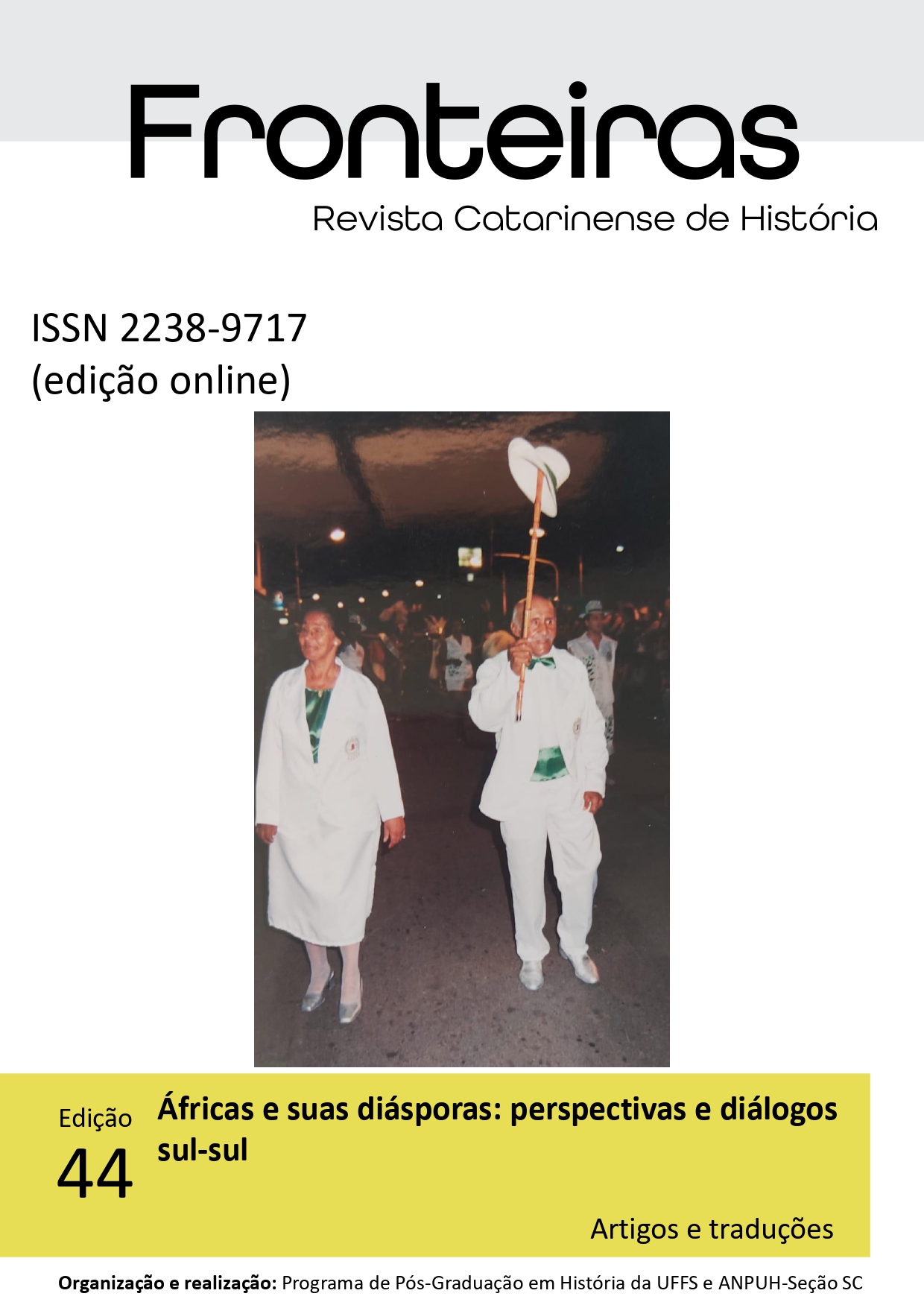Western Sahara, the last African colony
international recognition, ethnicity and the aspects of an Invisible War
DOI:
https://doi.org/10.36661/2238-9717.2024n44.14163Keywords:
Western Sahara, Self-determination, Sahrawi people, Ethnicity, Power DynamicsAbstract
This papper addresses the intricate conflict in Western Sahara, focusing on the self-determination claim of the Sahrawi people. The research explores the historical aspects of the conflict, analyzing territorial changes and concepts of ethnicity. The approach involves a confrontation of these elements with the limitations of international law and power dynamics contributing to the persistence of the impasse regarding sovereignty rights in the region. The study begins with a detailed analysis of the historical evolution of the conflict, highlighting key events that have shaped the current situation in Western Sahara. Subsequently, it investigates territorial changes over time and how these transformations influence the territorial claims of the involved parties. Furthermore, the thesis examines the concepts of ethnicity and how they play a crucial role in understanding social dynamics in Western Sahara. The research adopts Wendt's constructivist approach to analyze the formation and transformation of ethnic identities in the region, emphasizing how these elements are socially constructed and can be fundamental to understanding self-determination demands. By confronting these elements with the limitations imposed by international law and the power dynamics at play, the thesis seeks to identify the obstacles contributing to the maintenance of the impasse in the territory.



















